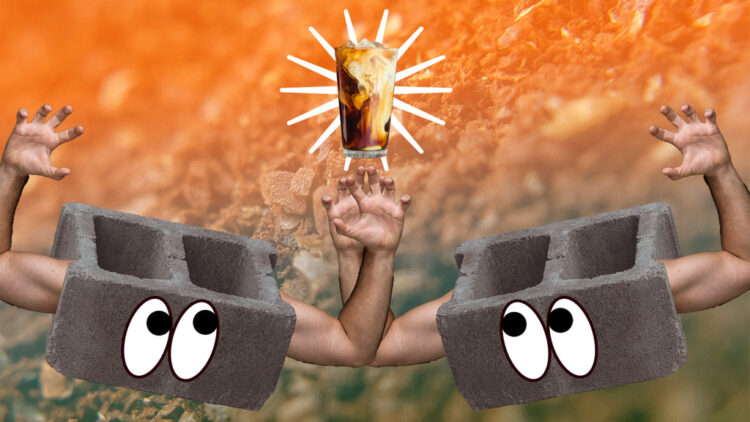FRC Staff Member
Sep 04, 2023
Plant milks take centre stage within the espresso sector – however what occurred to dairy?
By Jordan Montgomery for Espresso Intelligence
“The plant milk sector has undergone a considerable quantity of funding lately. As such, it’s comprehensible that it’s perceived as ‘overshadowing’ dairy. The espresso sector has actually performed a job right here. Within the early days, main plant milk manufacturers focused espresso retailers to ascertain their product as the very best different to dairy. These efforts have contributed to dramatic modifications in shopper habits. Current surveys present that 60% of customers have tried plant milks in espresso retailers, and the New York Instances studies that in 2022, Technology Z purchased 20% much less dairy milk than the nationwide common.”
Does consuming from a wine glass change the flavour of specialty espresso?
By Thomas Wensma for Good Every day Grind
“Most specialty espresso retailers serve drinks in ceramic cups or wide-mouth, thick-rimmed glasses. With wine, nonetheless, most sommeliers or bartenders use stemware glasses which include three components: the bowl, stem, and foot. In keeping with world-renowned sommelier Aldo Sohm, the sort and form of a wine glass has a huge effect on sensory notion. In his e-book Wine Easy, Sohm explains {that a} well-designed wine glass helps focus the aromas that are particular to a sure sort of wine. This implies the fragrant compounds ‘hit’ your nostril and tongue in the appropriate method, which helps to raise the flavours.”
Examine: Espresso Grounds Can Make Concrete 30% Stronger
By Every day Espresso Information Workers for Roast Journal
“A bunch of Australian engineers have devised a way to make concrete 30% stronger by including spent espresso grounds which may in any other case be destined for landfills. For the analysis mission, a workforce on the Royal Melbourne Institute of Know-how (RMIT College) turned to pyrolysis, a course of that includes heating natural waste within the absence of oxygen. Spent espresso grounds had been transformed to biochar via a low-energy, oxygen-free atmosphere at 350°C (662°F), then added to concrete mixtures. The workforce discovered that the biochar additive truly strengthened the concrete.”
Might Sri Lanka produce extra specialty espresso sooner or later?
By Bhavi Patel for Good Every day Grind
“Sri Lanka, previously generally known as Ceylon, is an island nation in South Asia located off the southern tip of India. Way back to the late 1800s, Sri Lanka was a distinguished producer of espresso. The truth is, it was one of many greatest coffee-growing international locations on the earth throughout the 1860s. Sadly, nonetheless, manufacturing volumes started to say no shortly after for quite a lot of causes. As we speak, though the nation isn’t extensively recognised for its espresso, its distinctive tropical local weather is properly suited to espresso manufacturing. Furthermore, on account of local weather change, espresso cultivation is turning into extra widespread in Sri Lanka.”


